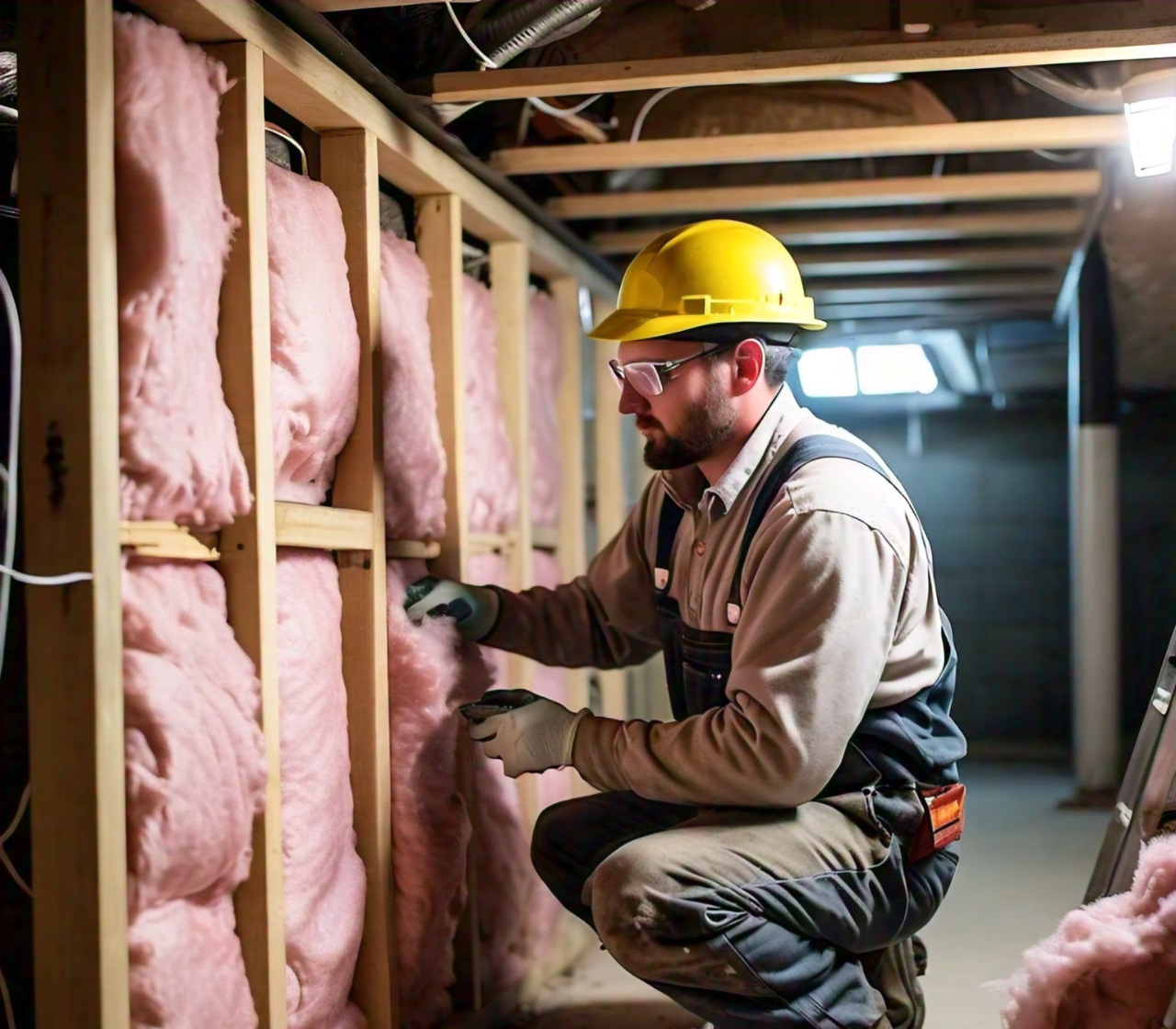Basement Wall Insulation: A Comprehensive Guide to a Warmer and More Comfortable Home
Why Insulate Your Basement Walls?
Types of Insulation
-
Fiberglass batt insulation: This is one of the most common types of insulation used in basement walls. It’s affordable, easy to install, and provides excellent thermal performance.
-
Foam board insulation: This type of insulation is made from rigid foam boards that are cut to fit between the studs in your basement walls. It provides excellent thermal performance and is resistant to moisture.
-
Spray foam insulation: This type of insulation is made from a mixture of isocyanate and polyol that is sprayed into the gaps between the studs in your basement walls. It provides excellent thermal performance and is resistant to moisture.
-
Reflective insulation: This type of insulation is made from a reflective material that is installed on the exterior of your basement walls. It helps to reflect radiant heat rather than absorb it.
-
Radiant barrier insulation: This type of insulation is made from a reflective material that is installed on the exterior of your basement walls. It helps to reflect radiant heat rather than absorb it.
How to Insulate Your Basement Walls
-
Check for moisture: Before you start insulating your basement walls, you need to check for moisture. Look for signs of water damage, mold, or mildew on the walls and floor.
-
Choose the right insulation: Choose the right type of insulation for your basement walls. Consider factors such as thermal performance, moisture resistance, and cost.
-
Measure and cut the insulation: Measure the gaps between the studs in your basement walls and cut the insulation to fit.
-
Install the insulation: Install the insulation between the studs in your basement walls. Make sure to wear protective gear, including gloves and a mask.
-
Seal the gaps: Seal the gaps between the insulation and the studs using a foam sealant.
Tips and Tricks
-
Use a vapor barrier: Use a vapor barrier to prevent moisture from entering the insulation and causing mold and mildew growth.
-
Seal the gaps: Seal the gaps between the insulation and the studs to prevent air leaks and moisture buildup.
-
Use a dehumidifier: Use a dehumidifier to reduce the humidity levels in your basement and prevent moisture buildup.
-
Insulate the rim joist: Insulate the rim joist to prevent heat loss and moisture buildup.
-
Use a radiant barrier: Use a radiant barrier to reflect radiant heat rather than absorb it.
Do’s and Don’ts
DO
-
Use the right type of insulation: Use the right type of insulation for your basement walls. Consider factors such as thermal performance, moisture resistance, and cost.
-
Seal the gaps: Seal the gaps between the insulation and the studs to prevent air leaks and moisture buildup.
-
Use a vapor barrier: Use a vapor barrier to prevent moisture from entering the insulation and causing mold and mildew growth.
-
Insulate the rim joist: Insulate the rim joist to prevent heat loss and moisture buildup.
-
Use a dehumidifier: Use a dehumidifier to reduce the humidity levels in your basement and prevent moisture buildup.
DON’T
-
Don’t skip the vapor barrier: Don’t skip the vapor barrier, as it is essential to prevent moisture from entering the insulation and causing mold and mildew growth.
-
Don’t use the wrong type of insulation: Don’t use the wrong type of insulation for your basement walls. Consider factors such as thermal performance, moisture resistance, and cost.
-
Don’t forget to seal the gaps: Don’t forget to seal the gaps between the insulation and the studs to prevent air leaks and moisture buildup.
-
Don’t neglect the rim joist: Don’t neglect the rim joist, as it is essential to prevent heat loss and moisture buildup.
-
Don’t ignore signs of moisture: Don’t ignore signs of moisture, such as water damage, mold, or mildew on the walls and floor.
Professional Insulation Services
FAQs
- Q: Why is insulating my basement walls important?
A: Insulating your basement walls is important because it helps to reduce heat loss and prevent moisture buildup. - Q: What type of insulation should I use for my basement walls?
A: The type of insulation you should use for your basement walls depends on several factors, including thermal performance, moisture resistance, and cost. - Q: How do I install insulation in my basement walls?
A: Installing insulation in your basement walls involves measuring and cutting the insulation, installing it between the studs, and sealing the gaps. - Q: What are the benefits of using a vapor barrier?
A: Using a vapor barrier helps to prevent moisture from entering the insulation and causing mold and mildew growth. - Q: How can I reduce humidity levels in my basement?
A: You can reduce humidity levels in your basement by using a dehumidifier and ensuring good ventilation.
Conclusion






